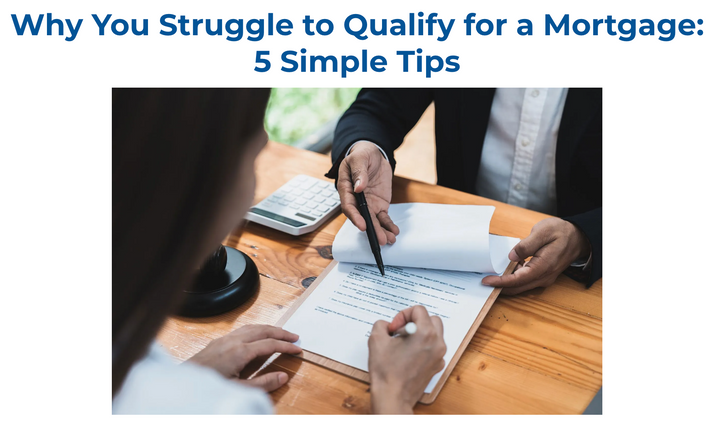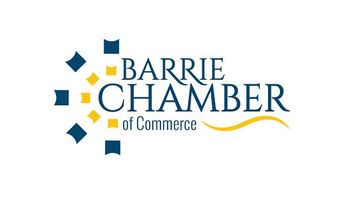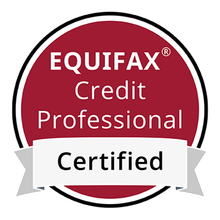Finding The Best Mortgage Solution For You
Puneet (Sunny) Nayyar. Mortgage Agent
A Sunlit Future Together
Finding the best mortgage can be frustrating. It doesn't have to be when you follow my 3 step plan.
Get started right away
The best place to start is to connect with me directly. My commitment is to listen to your needs, assess your financial situation, provide professional mortgage advice, and
guide you through the mortgage process.
Get clarity
Sorting through all the different mortgage lenders, rates, terms, and features can be overwhelming.
Let me cut through the noise.
I'll outline the best mortgage products available with your needs in mind.
Proceed with confidence
My goal is to make sure you
know exactly where you stand at all times.
From your initial application through your mortgage renewal, I'm available to answer any questions for as long as you need a mortgage.
I've got you covered.
Puneet (Sunny) Nayyar
Hello, I'm Sunny, your dedicated Mortgage Agent. My top priority is ensuring your complete satisfaction and always putting your best interests first. I take pride in being a trusted advisor who simplifies the complexities of the mortgage process with clear guidance and unwavering support.
My strong communication skills and attentive listening make me easy to work with, ensuring a productive collaboration.
I'm truly passionate about helping you achieve your financial goals, and I take the time to understand your unique needs and circumstances. Being fluent in both English and Hindi, I aim to create a comfortable and enjoyable experience while assisting you in realizing your real estate dreams.
Originally from India, I embarked on a transformative journey to Barrie in 2005. It's now not just a place I live; it's my home, where I reside happily with my beloved wife and son.
Get started by completing my online mortgage application.
I'll let you know exactly where you stand so you can proceed with confidence.
Go ahead and schedule a meeting with me!
Everything you need,
all in one place
As a trusted mortgage provider, let me help you with these services.
Click through any of the services to learn more
Ready To Qualify?

Get The Tips Now
Get Access To:

Know The Facts
Mortgage articles to keep you informed.









